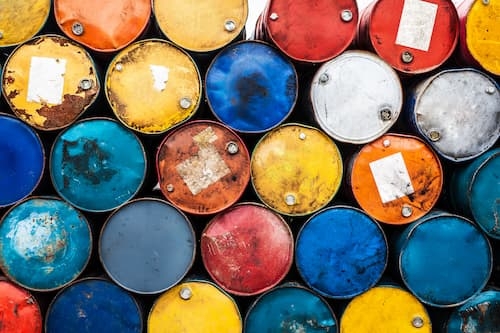Chemicals are an integral part of our lives. The functions they provide are used in manufacturing and industrial applications that service our societies. They are used to make, and are present in, the things we use everyday – clothing, medications, cosmetics, electronics. They also form the materials and devices that heat our homes, purify our water and protect crops.
Yet, while chemicals provide benefits, they can also harm people’s health and the environment. Industry has a responsibility to produce and use chemicals safely and governments have a responsibility to ensure this through their regulatory frameworks. This requires the development of information on chemicals. Chemical testing is essential yet often very resource-intensive and time-consuming.
The OECD Mutual Acceptance of Data (MAD) system is a multilateral agreement which ensures quality data for regulatory decision-making while saving governments and chemical producers over EUR 309 million every year by facilitating the sharing of the results of a variety of non-clinical safety studies done on chemicals. The OECD MAD system requires that testing be carried out using OECD standards for test methods (OECD Test Guidelines) and for data quality and integrity (OECD Principles of Good Laboratory Practice - GLP).
OECD member countries participate in the MAD System and the following non-OECD member countries: Argentina, Brazil, India, Malaysia, Singapore, South Africa and Thailand.


